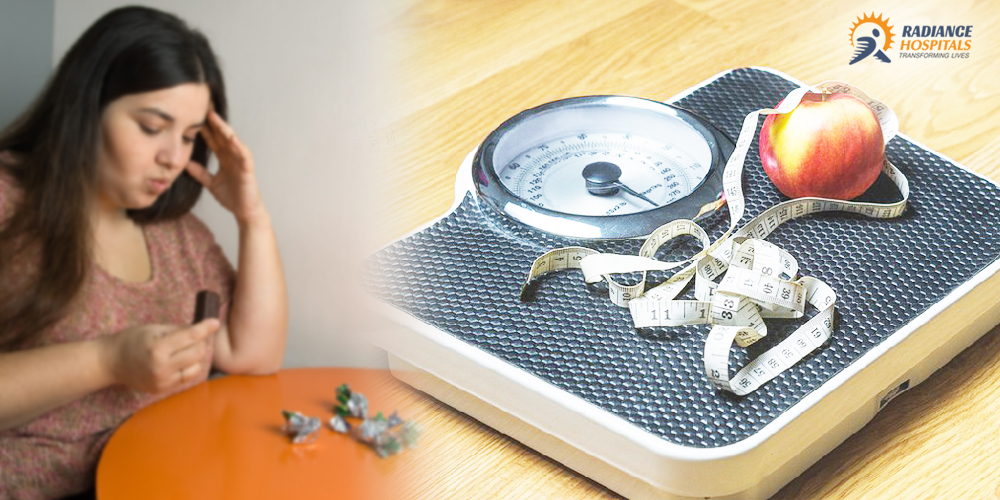Monsoon must be one of the most attractive and pleasurable seasons amongst all others. The special cool winds and minute droplets of rainwater make us happy. However, even there are definite drawbacks of the monsoon season that patients face including chronic asthma and breathing issues primarily.
These problems increase in monsoon season as there are firm alterations in the atmosphere. These changes include in overall temperature and moisture ratio. Many times, this mixture intensifies the widespread as well as atypical allergic factors. So this gorgeous monsoon is not suitable for all and affects patients with asthma.
Even in the day to day practices, we see many patients complaining about added sticky as well as mucus secretions through the airways, which is the reason responsible for this moisture and humid environment in the monsoon season.
What Turns Asthma Worse in the Monsoon Season
- The low levels of temperature
- Higher levels of moisture and humidity
- Rain scattered pollens
- Higher probabilities of fungal growth
- Transmittable viral and other infections
How to Handle Asthma in Monsoon Season
- Staying away from the contacts of pet animals (especially for children )
- Bleach cleaning of living places to keep away from fungal growth
- Deep cleaning of everyday reusable stuff
- Regular cleaning of pillow & sofa covers
- Washing of bed sheets and blankets with warm water
- Keeping clothes dry with exposure to suitable sunlight
- Hand hygiene, avoiding outside water and food
- Having a precise and balanced diet
It is not feasible to avoid windy days while the monsoon season, across the world. However, if you have the likelihood to do indoor activities or exercise inside the gym, it will lend a hand to you, and your kids breathe better as well as easier.
Moving Forward
Apart from these mentioned safety measures taken while rainy or monsoon season for asthma problems, don’t forget to take your asthma medicines on a regular basis. Keep your body warm to shun away from a cold or flu. Further, keep in mind the customary measures like use of window shades rather than curtains and maintain your home to be dust-free.
While these measures can facilitate you in handling asthma in the monsoon season, do visit a doctor for a healthier understanding or if you undergo any asthma indications or breathing allergy.
Related Articles
Hello Healthy: Stay fresh this summer with this Nutrition Plan













